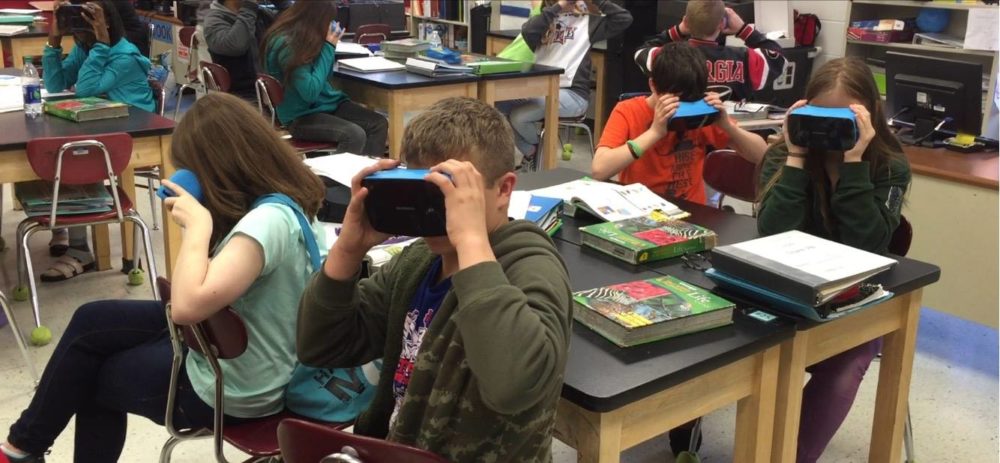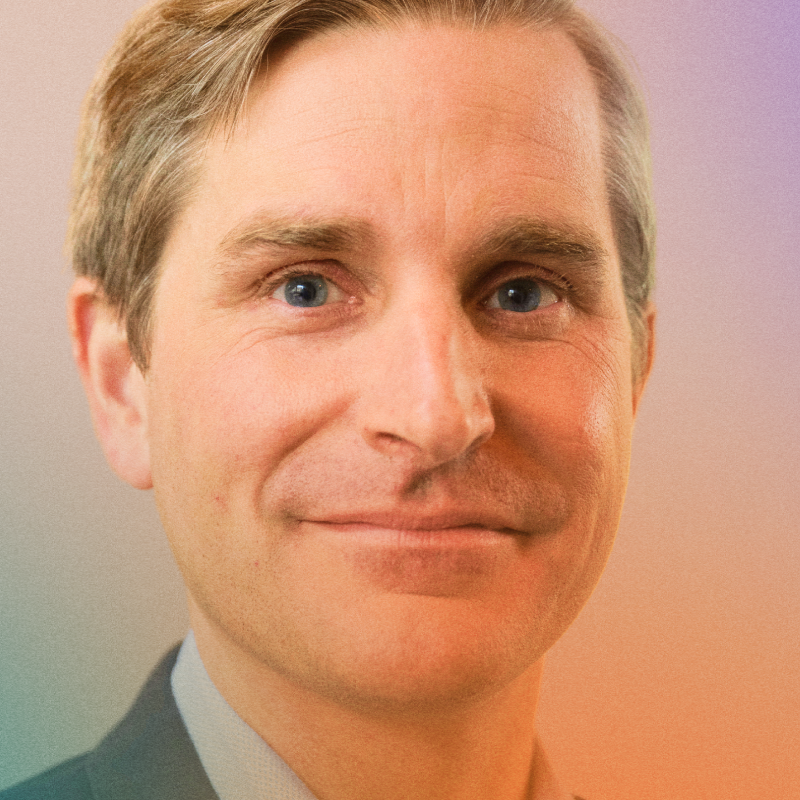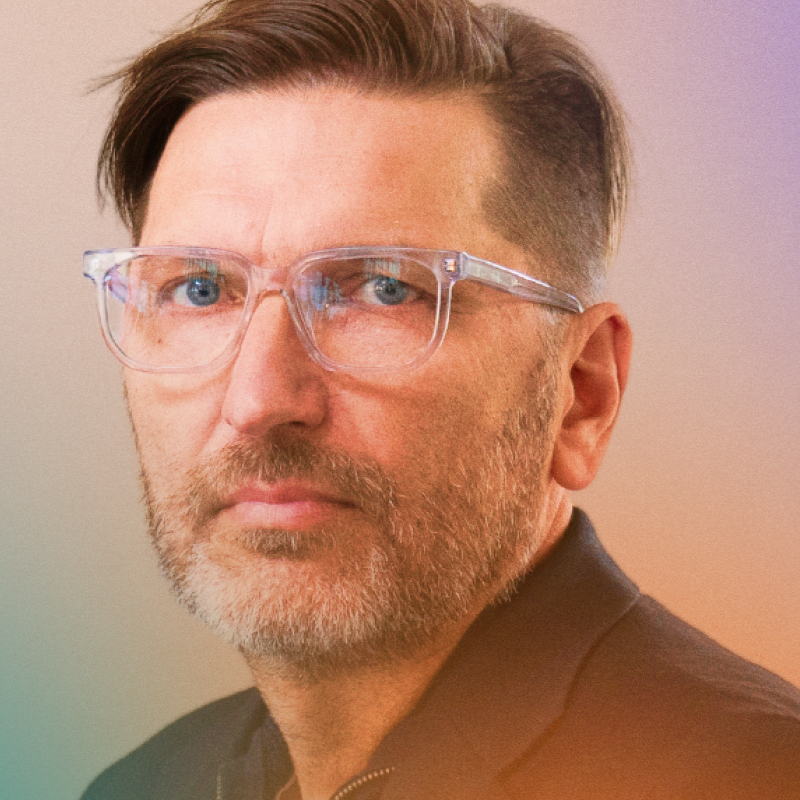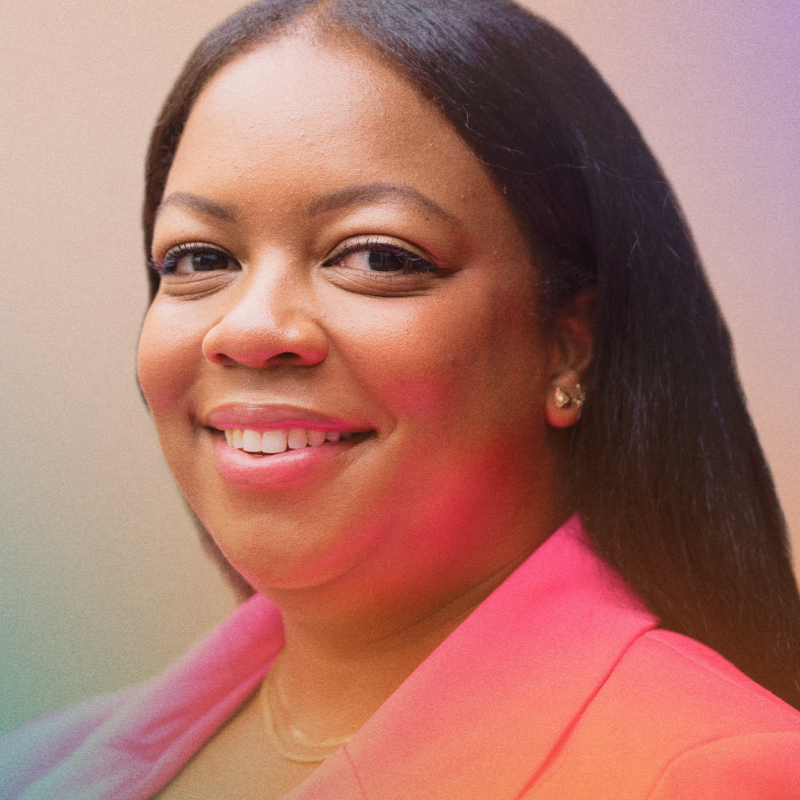From augmented reality training for first responders, to robotics classes for high school students, Mozilla is supporting bright ideas that leverage gigabit internet to create more open and innovative cities
Today, Mozilla is announcing $275,000 to support creative, educational technology projects across the U.S.
Mozilla is partnering with museums, universities, nonprofits, libraries, and high schools in Texas, Louisiana, Kansas, and beyond.
“We’re focusing on projects that leverage gigabit internet speeds — up to 250x average speeds — to make a positive impact in the communities we serve and across the country,” says Lindsey Frost, who directs Mozilla’s gigabit work. “Projects use augmented reality to train first responders; raise awareness about coastal erosion through virtual reality simulations; bring robotics into high school classrooms; and much more.”
Through the Mozilla Gigabit Community Fund — a partnership with the National Science Foundation and U.S. Ignite — Mozilla invests in projects that leverage lightning-fast gigabit internet connectivity to further education and workforce development.
“The gigabit projects we fund are built and piloted by community members to address real challenges in education and workforce development in their cities,” Frost explains. “It’s all part of our mission to build a healthy internet that fuels a more open, equitable, and inclusive society.”
The projects
The Mozilla Community Gigabit Fund provides funding to technologists, educators, and entrepreneurs in five gigabit cities: Austin, TX; Chattanooga, TN; Eugene, OR; Kansas City; and Lafayette, LA. Funding supports pilots of gigabit technologies in individual cities, but also efforts to scale pilots to all five communities.
Our 18 latest grantees receive funds ranging from $5,000 to $28,000. Grantees are:
PerSim Training Simulation for First Responders | Austin, TX. PerSim provides affordable, portable, and realistic AR training simulations to paramedics. Led by MedCognition.
Latinitas VR Cinema Chica | Austin, TX. Twenty Latina girls ages 10 and older will work with an experienced VR filmmaker to create short documentaries about Austin’s East Side. Films will be featured at the Cine Las Americas International Film Festival in May 2018. Led by Latinitas.
Dove Springs Coding Academy-GO! Future VR Project | Austin, TX. This project provides 40 low-income youth with coding lessons through a VR curriculum. Students will present their learnings at a VR College & Career Fair. Led by River City Youth Foundation.
Cine Joven Breaking Borders Project | Austin, TX. This project allows students from Austin, Texas and Monterrey, Mexico to co-create a 4K short film over high-bandwidth internet. The final film will be screened in Monterrey before a live audience. Led by Motion Media Arts Center.
Virtual Storytelling Curriculum | Austin, TX. This project introduces students to careers in technology, and hones their storytelling skills, by having them catalogue local historic landmarks using 360-degree video and VR. Led by E4 Youth.
Gigabit Technology and the Arts in Creative Action After School | Austin, TX. Technology meets art in this project, as educators and artists integrate VR headsets, 360-degree video, and a variety of applications into theater classes, art classes, and mural making. Led by Creative Action.
VR Field Trip to the USA | Austin, TX, Chattanooga, TN & Kansas City. This project uses 360-degree 4K video to connect local classrooms with others around the world. Students will act as cultural ambassadors for their city, remotely introducing international students to Austin, Kansas City, and Chattanooga. Led by PenPal Schools.
CERN + Gigabit Challenge | Austin, TX & Kansas City. This project connects critical research taking place at CERN with classrooms in Kansas City and Austin. Students can view physics calculations and research in real-time. Led by KC Metropolitan.
Networking the Classroom of the Future | Chattanooga, TN & Lafayette, LA. The Classroom of the Future pairs 4K microscopes and video streaming with local aquariums and science museums. It brings hands-on science and technology education directly into local classrooms. Led by the Enterprise Center.
City Synth | Eugene, OR. City Synth will work with engineers, technologists, and students from the South Eugene Robotics Team to transform the city of Eugene into a musical instrument. A series of interactive mixed-media installations will remix audio and video. Led by Harmonic Laboratory.
Gigabit Residencies | Eugene, OR. This project provides residencies that will teach 200 students graphic design, audio engineering, and other skills by leveraging lightning-fast gigabit internet. The project also entails web-based professional development for teachers. Led by Lane Arts Council.
NEDCO | Springfield, OR. With this grant, low-income youth will have access to a mobile, interactive classroom that expands their horizons beyond the city of Springfield. The project entails high-quality interactive learning experiences and counseling opportunities. Led by NEDCO.
Redefining Women in Tech Interactive Video Learning Events | Eugene, OR. Redefining Women in Tech uses interactive 4K video alongside face-to-face meetings to help women navigate the often inequitable tech sector. This project will include job resource training, professional development opportunities, and community organizing to promote a more equitable industry. Led by Redefining Women in Tech.
Coder in Residence | Eugene, OR & Kansas City. The Coder in Residence program puts gigabots — gigabit-internet enabled robots — in elementary school classrooms. It provides robotics curriculum to students, and robotics curriculum professional development for educators. Led by Lane STEM.
Coastal Erosion VR | Lafayette, LA. The Lafayette Science Museum will develop “Coastal Quest,” a VR game that allows visitors to explore coastal erosion in Louisiana and select coastal defenses that slow or mitigate erosion. Led by Lafayette Science Museum.
Tiny House VR Project | Lafayette, LA. Students at David Thibodaux STEM Magnet Academy will create, design, test and demonstrate a VR walkthrough of the “Atomic Agora Tiny House.” This tiny house will be donated by Habitat for Humanity to families transitioning from shelters or displacement to permanent homes. Led by David Thibodaux STEM Magnet Academy.
Career readiness & 4K project | Lafayette, LA. High school students will participate virtually in a college level course via a 4K video stream. The project aims to increase college awareness and attainment rates for students, and develop a potentially scalable model. Led by University of Louisiana at Lafayette (ULL).
Kvasir-VR | Lafayette, LA . UL-Lafayette and David Thibodaux STEM academy will pilot an immersive VR field trip experience that allows educators and experts to guide and assess students through the Cleco Alternative Energy Center in Crowley, Louisiana. Led by University of Louisiana at Lafayette (ULL).
About the fund
The Mozilla Gigabit Community Fund provides grants and on-the-ground-staff to support projects that leverage gigabit internet to create more connected, open, and innovative U.S. cities. The Fund has granted more than $800,000 to over 60 projects during its four-year history.
The Fund is run in partnership with the National Science Foundation and U.S. Ignite.
Fund grantees can be individuals, nonprofits, and for-profits.
Fund cities are selected based on a range of criteria, including a widely deployed high-speed fiber network; a developing conversation about digital literacy, access, and innovation; a critical mass of community anchor organizations, including arts and educational groups; an evolving entrepreneurial community; and opportunities to engage K-12 school systems.
Past projects
The Mozilla Gigabit Community Fund has a diverse roster of grantees. Below, learn about just one: My Brother’s Keeper Coding Maker Space, which teaches young men of color web VR in Austin, Texas. View other gigabit grantees here.



